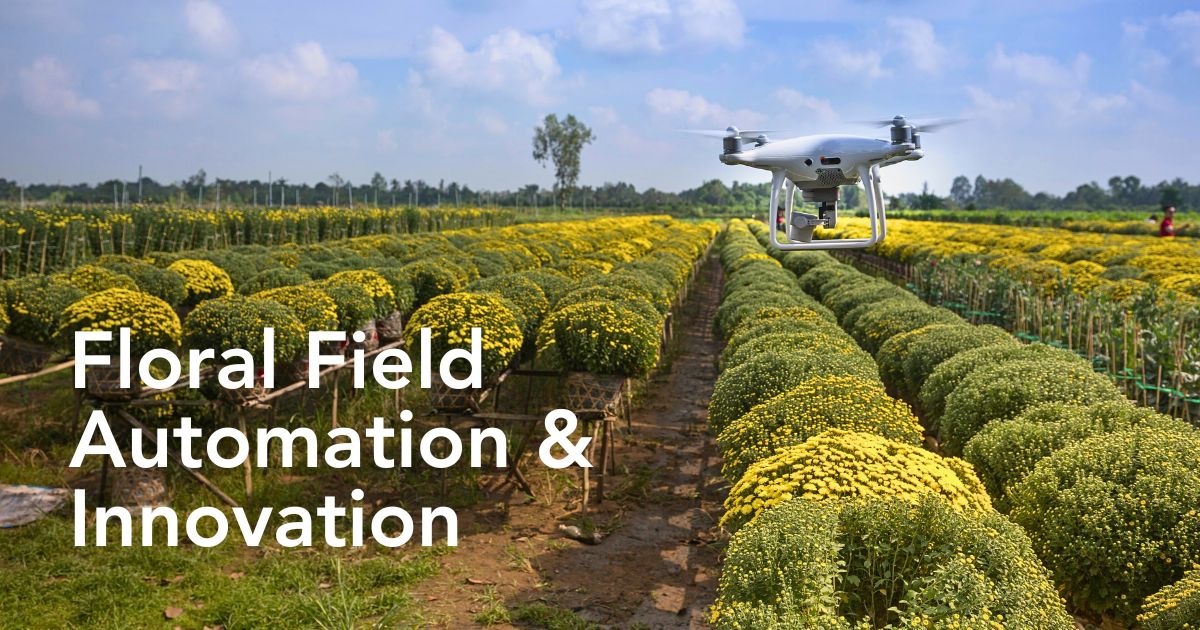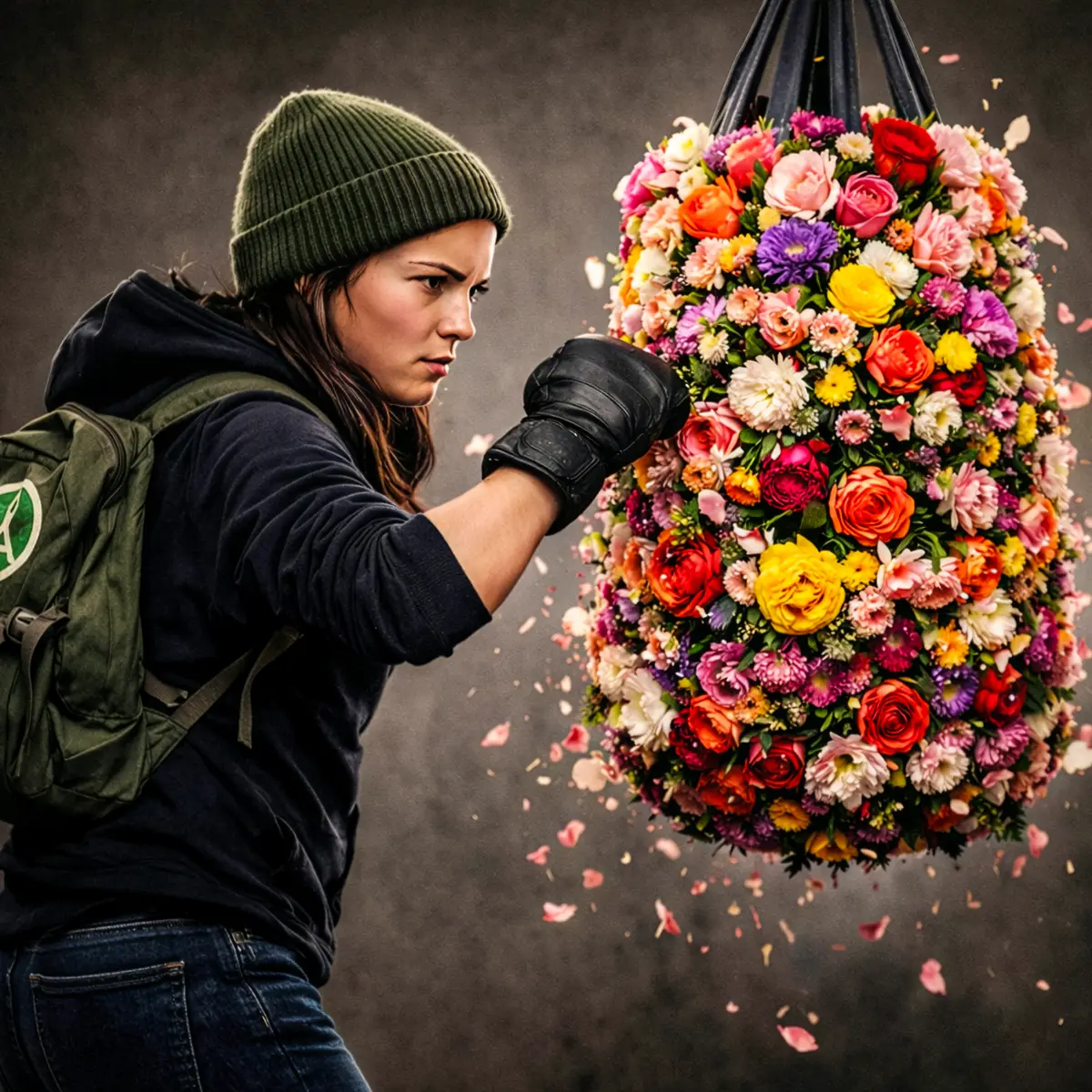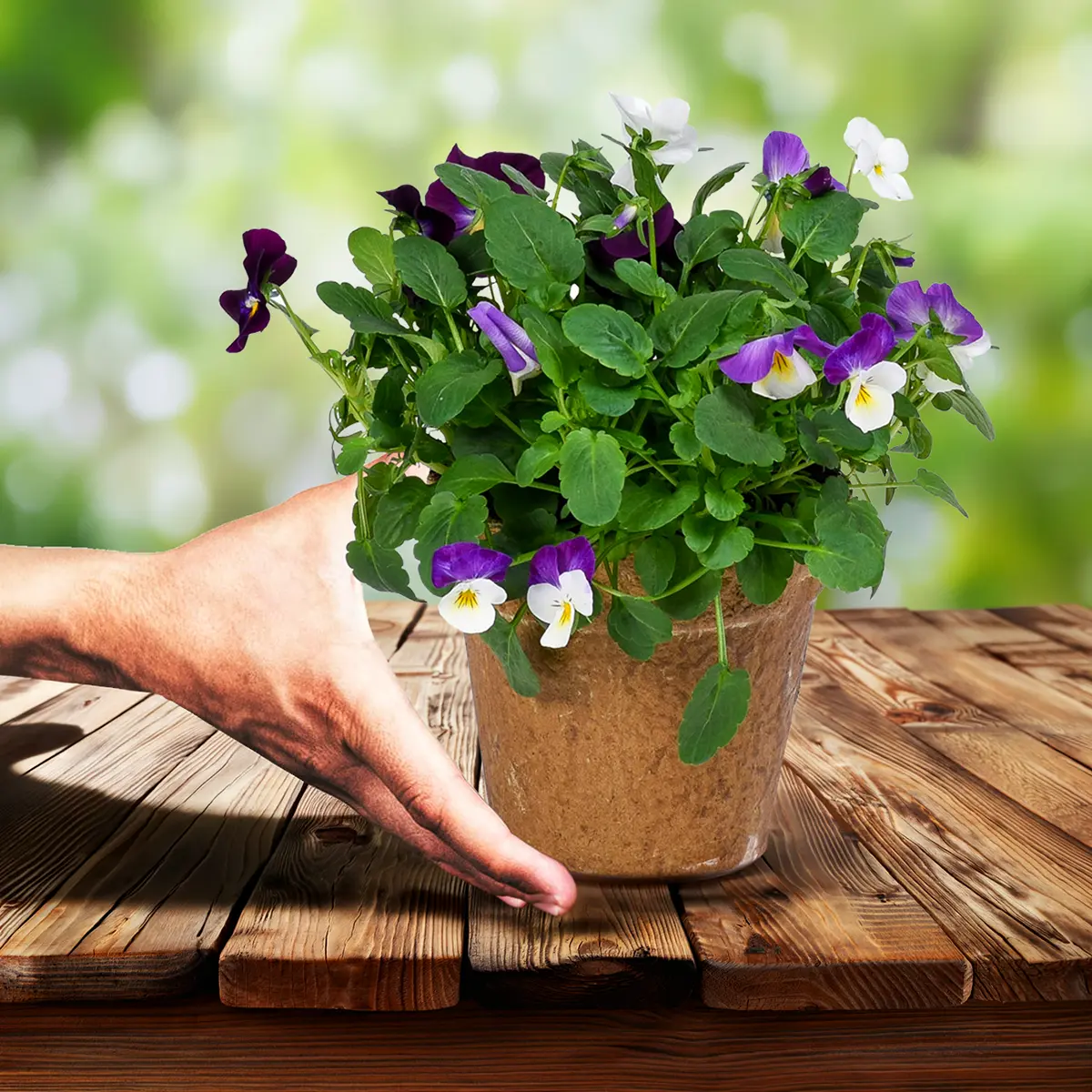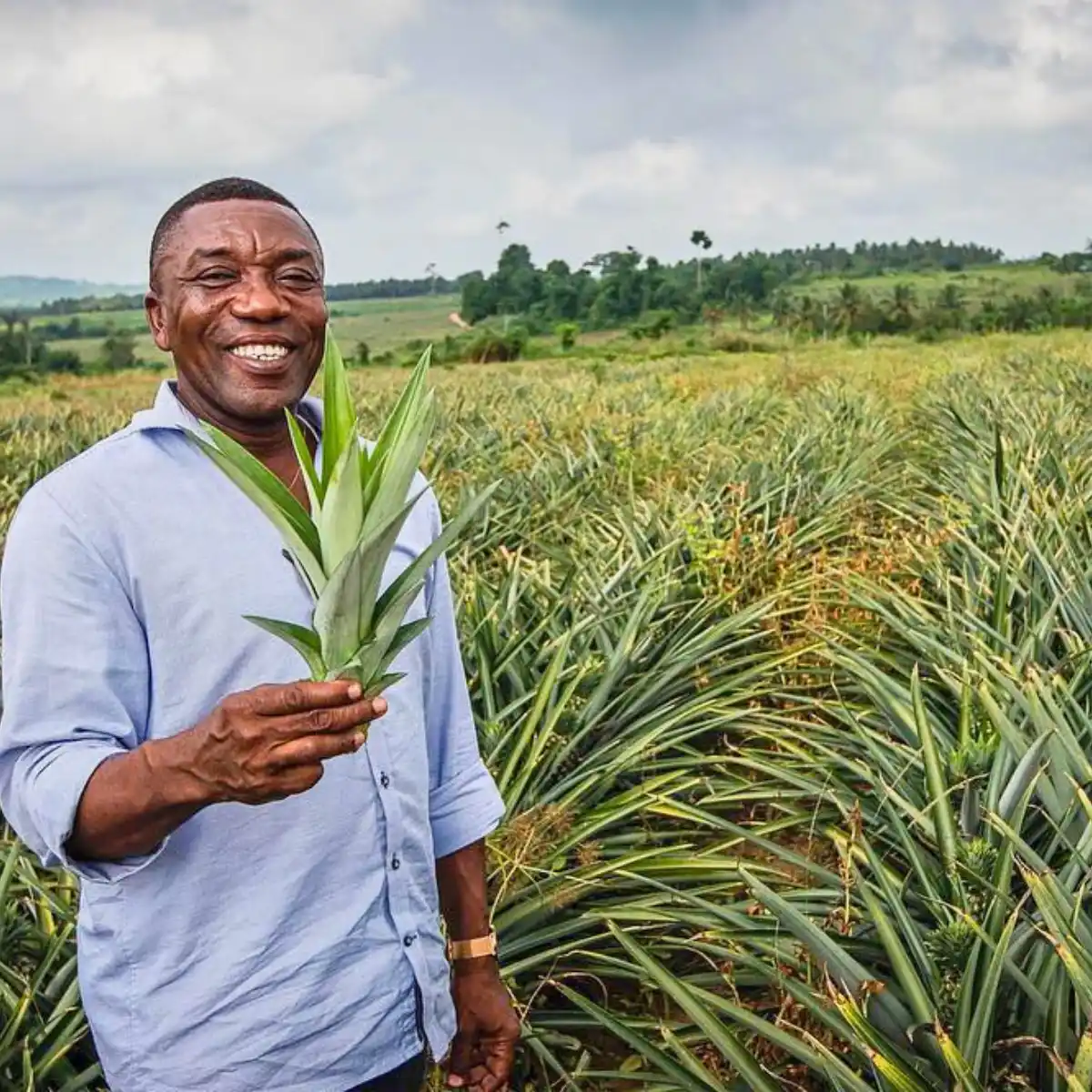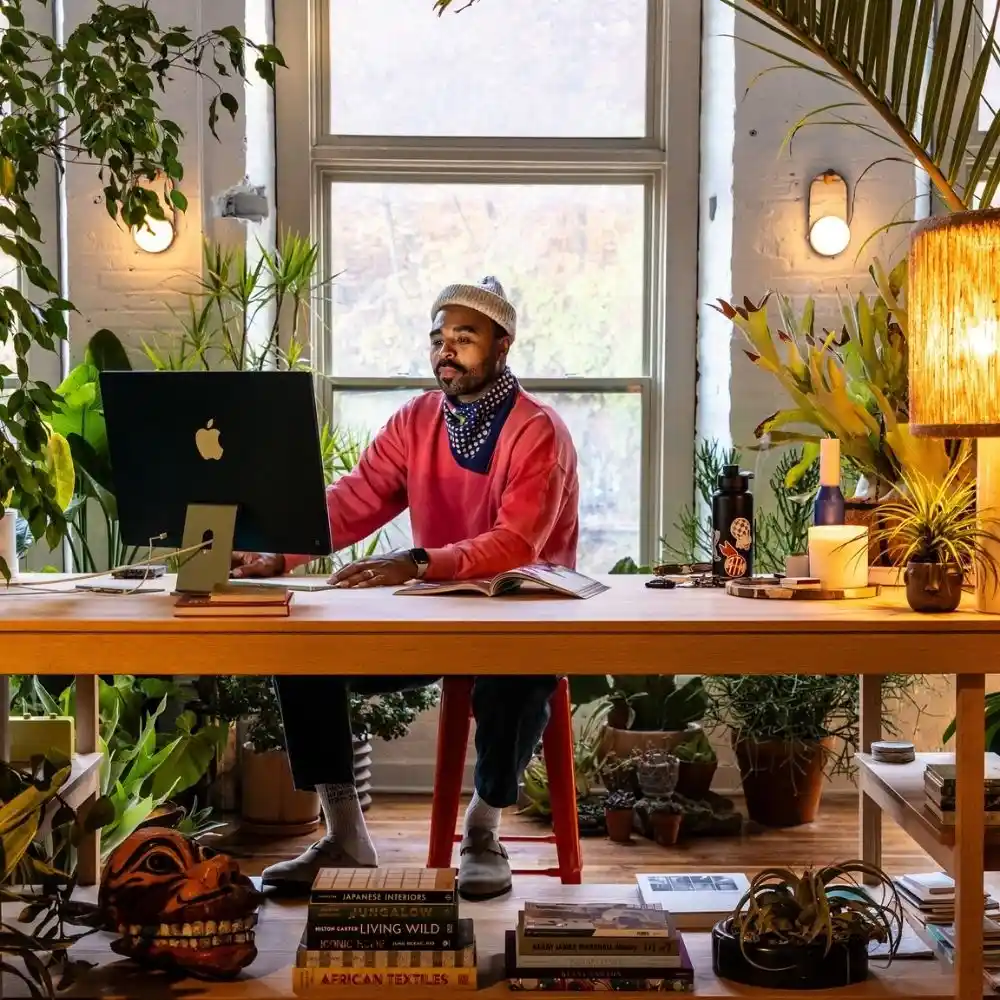Valued at over $50 billion and employing millions worldwide, particularly in countries like Colombia, Ecuador, Kenya, Ethiopia, and the Netherlands, the floriculture industry continues to face intensified pressure to reconcile the beauty of its floral products with its environmental and social footprint. And, as the industry continually implements measures that address these issues, a helping hand comes in the form of technology. Tech comes in, right on time, through the integration of cutting-edge innovation across the flower value chain, driving transformative change.
From smart greenhouses to artificial intelligence (AI) powered forecasting systems, technology is rewiring virtually every facet of the flower journey—from seedling to vase—helping create a more sustainable and efficient industry. This technological resurgence is not just enhancing efficiency; it is fundamentally cultivating the future of an industry where sustainability and profitability need to thrive simultaneously in a flower, plant, or bouquet.
Why Is Technology Important for a Sustainable Floriculture Industry?
Traditional floriculture, generally, has varied flows and flaws. It creates substantial environmental impacts through excessive water consumption, pesticide use, energy use, packaging, and carbon-intensive transportation methods. Conventional flower cultivation places significant strain on local water resources, with some farms requiring vast amounts of water for irrigation, particularly in water-stressed regions. Additionally, the industry's reliance on air freight for global distribution significantly increases its carbon footprint.
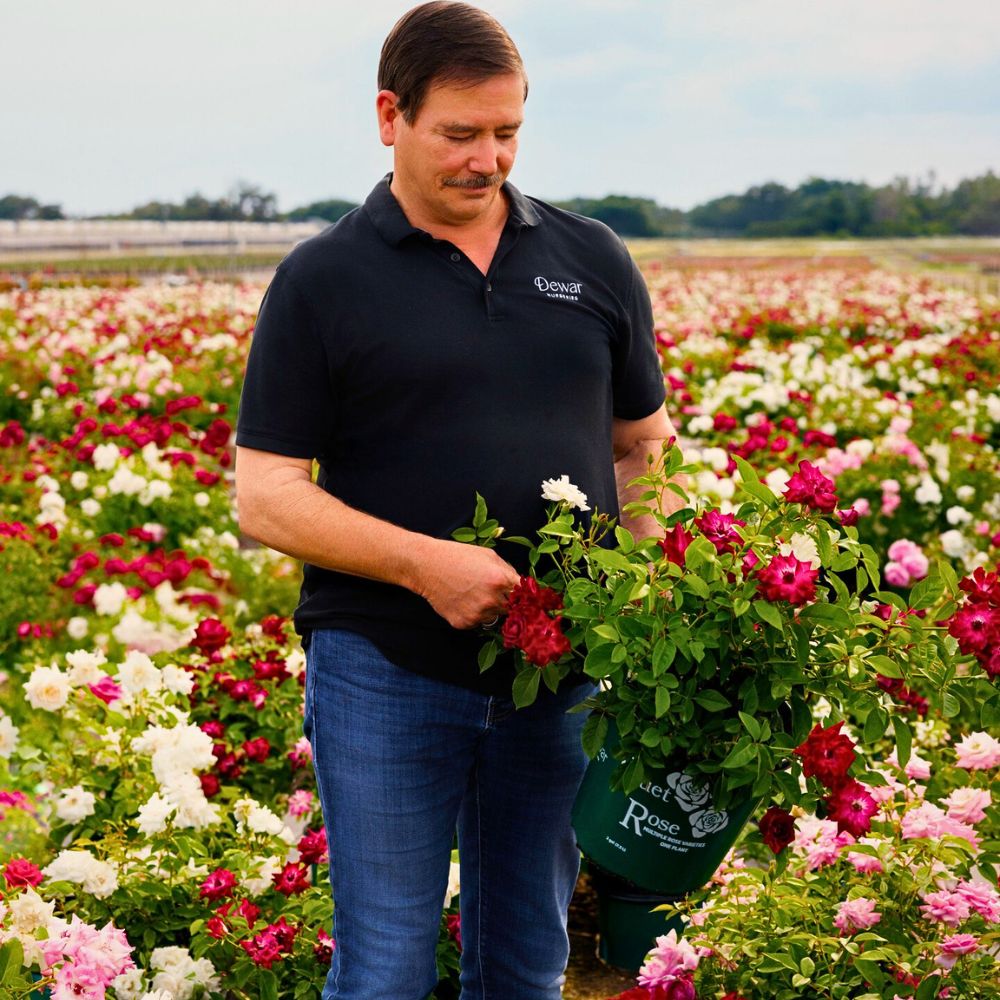
But modern technology offers wide-ranging solutions to these challenges. Precision agriculture, smart systems, and automation are some key ones. Drones and sensors, for instance, enable real-time monitoring of plant health and resource consumption, potentially reducing damage by up to 20% while boosting productivity by 60%. Smart greenhouses integrate artificial intelligence and climate control equipment to maximize growing conditions while reducing energy consumption.
Precision irrigation techniques, particularly drip irrigation systems, have also transformed water management in floriculture, with growers implementing these systems reporting water usage reductions of up to 50% compared to traditional methods. Advanced water recycling systems, likewise, enable flower farms to reuse up to 90% of their water, significantly reducing environmental impact. All these are enabled through the integration of smart production and technology in their varied forms, throughout the industry and its value chain.
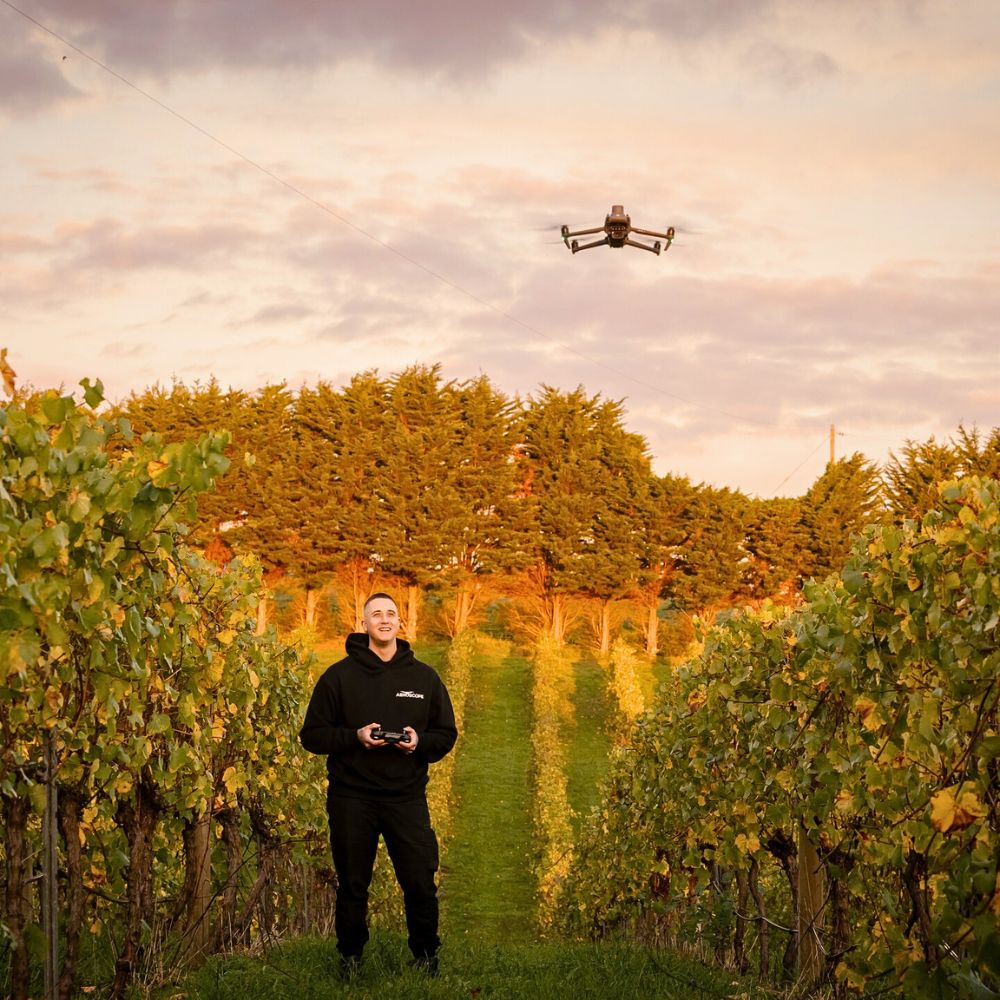
Smart Floriculture Production and Technology in Flower Cultivation
The basis of sustainable floriculture begins where the flower grows. While traditional practices, often reliant on intensive water, chemical inputs, and energy, have been the norm for some growers, there is a suite of advanced cultivation and production technologies that, if harnessed and widely deployed, eliminate practically all the sustainability-related challenges and issues.
Precision Floriculture Cultivation and Automated Systems
Precision cultivation approaches are transforming traditional growing methods. Many progressive growers now employ sophisticated automation systems that minimize labor costs while enhancing harvesting efficiency. These technological advancements not only make flower farming more cost-effective but also significantly reduce resource consumption.
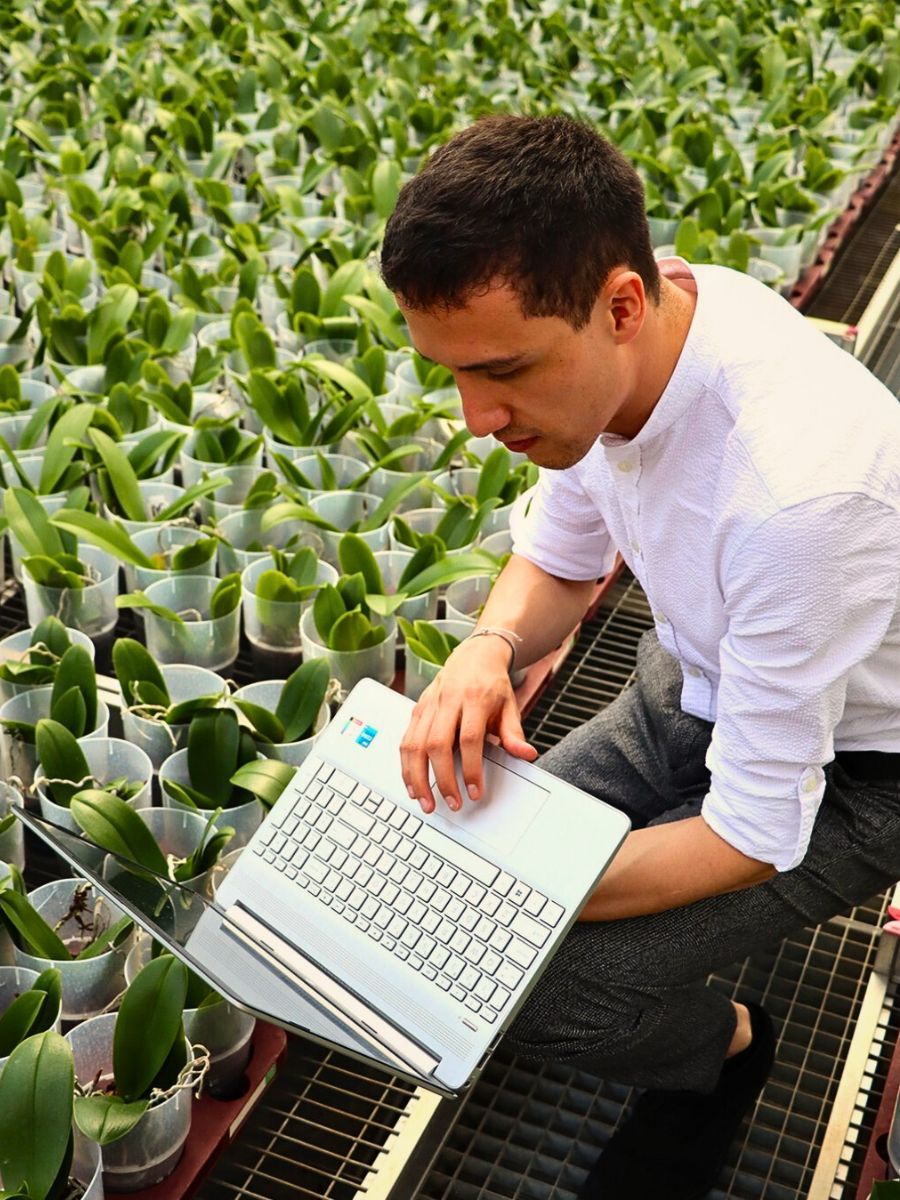
As noted, sensors and drones have, for example, become invaluable tools in precision floriculture, enabling real-time monitoring of crop health and resource usage. These technologies allow growers to detect issues before they become visible to the human eye and severe, potentially reducing crop damage by up to 20% or more. Drone technology, in particular, has shown remarkable potential, with projections indicating that many growers are adopting this technology, potentially boosting productivity by up to 60%.
Lima Lab, a Kenyan start-up established in 2021, is one of those deploying drones and machine learning algorithms to revolutionize floriculture production and forecasting. They essentially take away the guesswork from flower farming, with their system that monitors crop productivity in each field: measuring crop density, growth stages, and plant stress while checking weather conditions to predict at least the next 30 days' upcoming production. The system's self-learning algorithms mean that farms become more predictable over time, with the forecast often achieving an impressive 95% (or more) confidence level in upcoming production. This predictability empowers growers to make informed decisions about harvesting, sales, and logistics, reducing waste and optimizing operations throughout the supply chain.
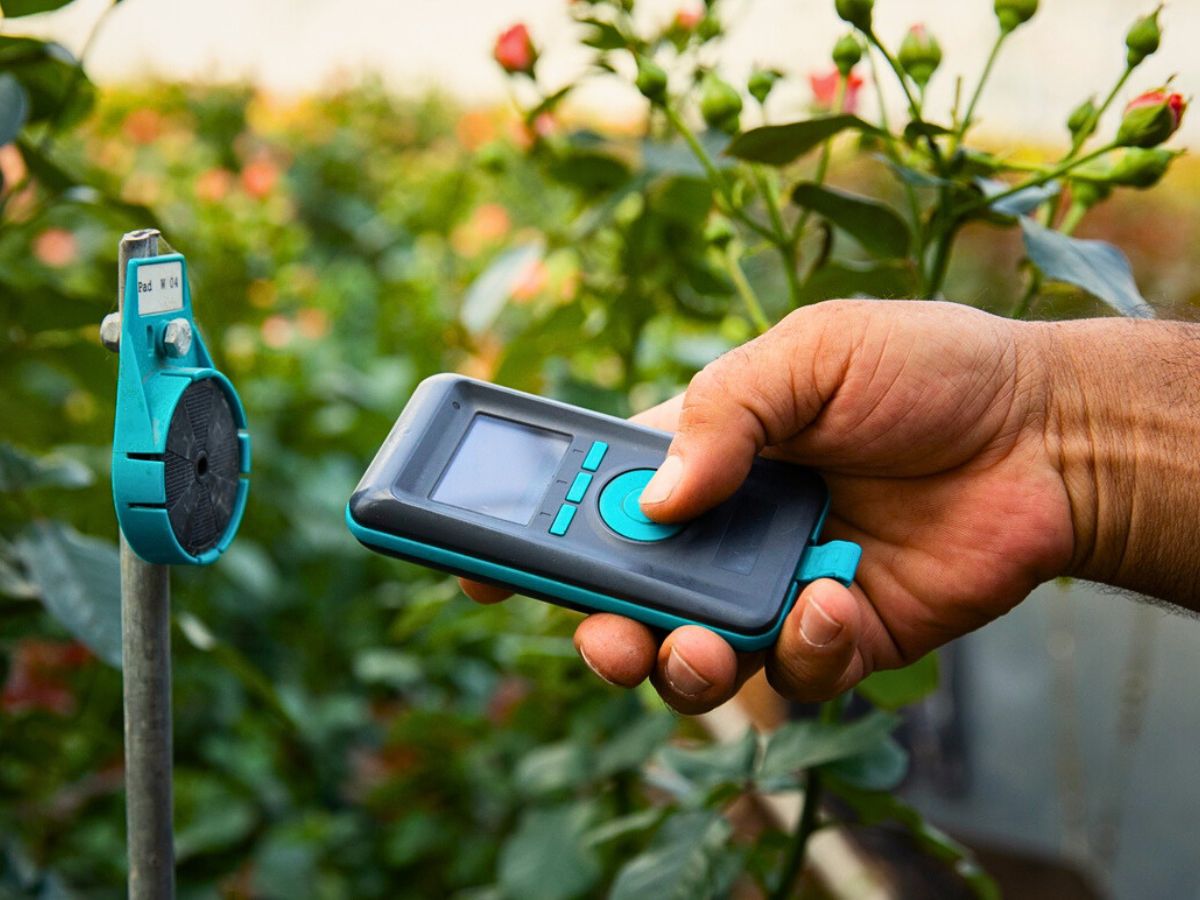
Innovations at the nanoscale also offer some of the most exciting possibilities. Nano-encapsulated fertilizers and pesticides could, for instance, enable slow, targeted release, increasing efficacy while minimizing quantities used and environmental drift. Nano-sensors embedded in growing media or attached to plants can provide ultra-sensitive, real-time data on micro-nutrient levels or early stress signals long before visible symptoms appear, enabling ultra-precise interventions
Smart Greenhouses and Climate Control
Modern greenhouses are no longer simple structures; they are tech-driven hotspots of data-driven floriculture. Equipped with networks of sensors monitoring soil moisture, nutrient levels, air temperature, humidity, and light, these systems provide real-time insights. The data feeds into AI-powered platforms that automate responses, adjusting irrigation, activating ventilation or heating, deploying shade screens, or fine-tuning nutrient delivery through fertigation systems. Innovations like PlantScout exemplify this, offering systems that continuously monitor plant health and environmental conditions, enabling growers to optimize every input.
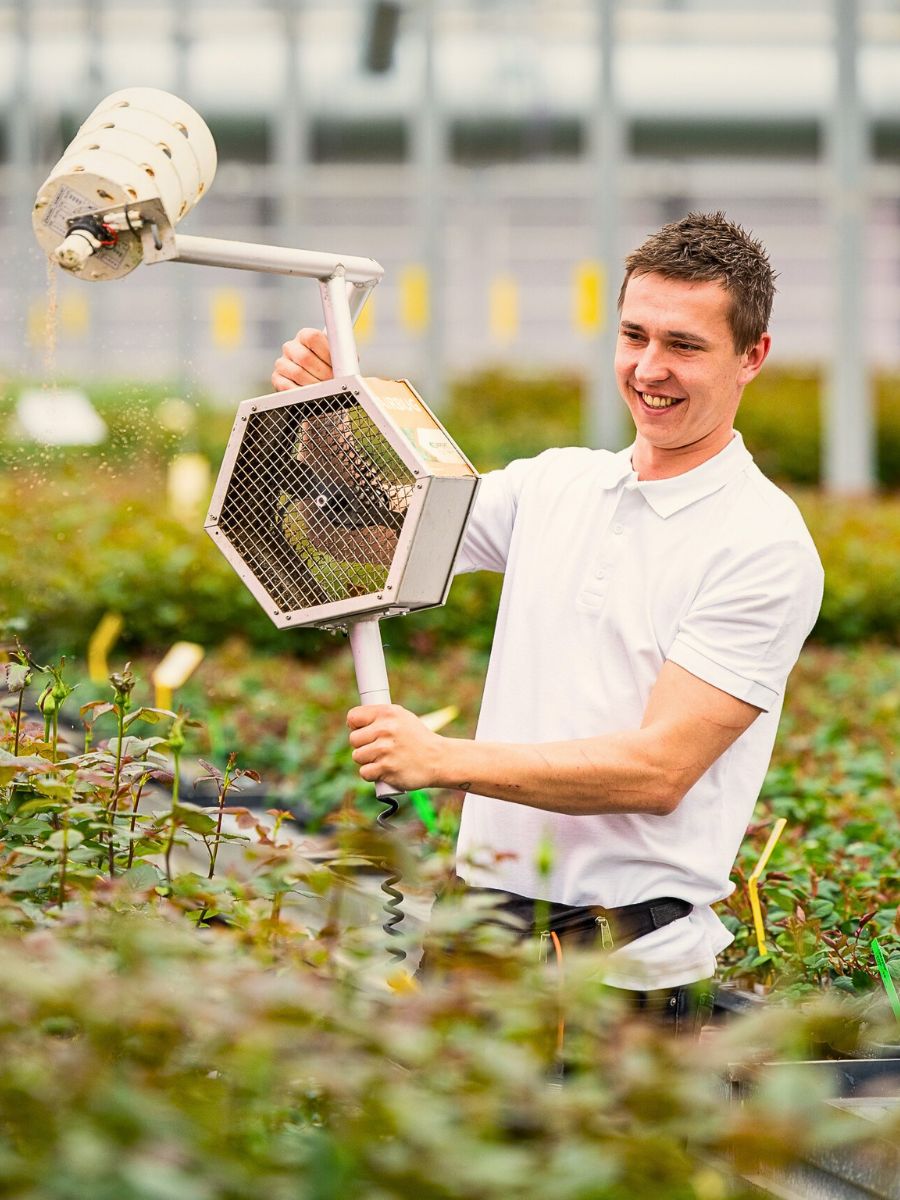
PlantScout captures everything from crop health metrics to vase life performance, preserving the irreplaceable knowledge of seasoned breeders and growers. It collects, analyzes, and shares crucial information seamlessly, making it easier to generate reports without the need to walk the entire length of greenhouses in search of data. The result? Resource optimization, reduced waste, maximized yields, and consistently superior flower quality
More than that, smart greenhouses in sustainable flower production further incorporate not just AI and climate control equipment—which maximize growing conditions while reducing energy consumption—but also Internet of Things (IoT) devices. These monitor all the nitty-gritties and trigger automated reactions that directly address any emergent issues. This tech-driven approach significantly reduces waste, cuts energy usage, and ensures a more reliable supply of high-quality flowers, particularly important in a globalized industry where many flowers are imported from overseas. The result is not only environmentally beneficial but also economically advantageous, allowing local growers to better compete with international suppliers.
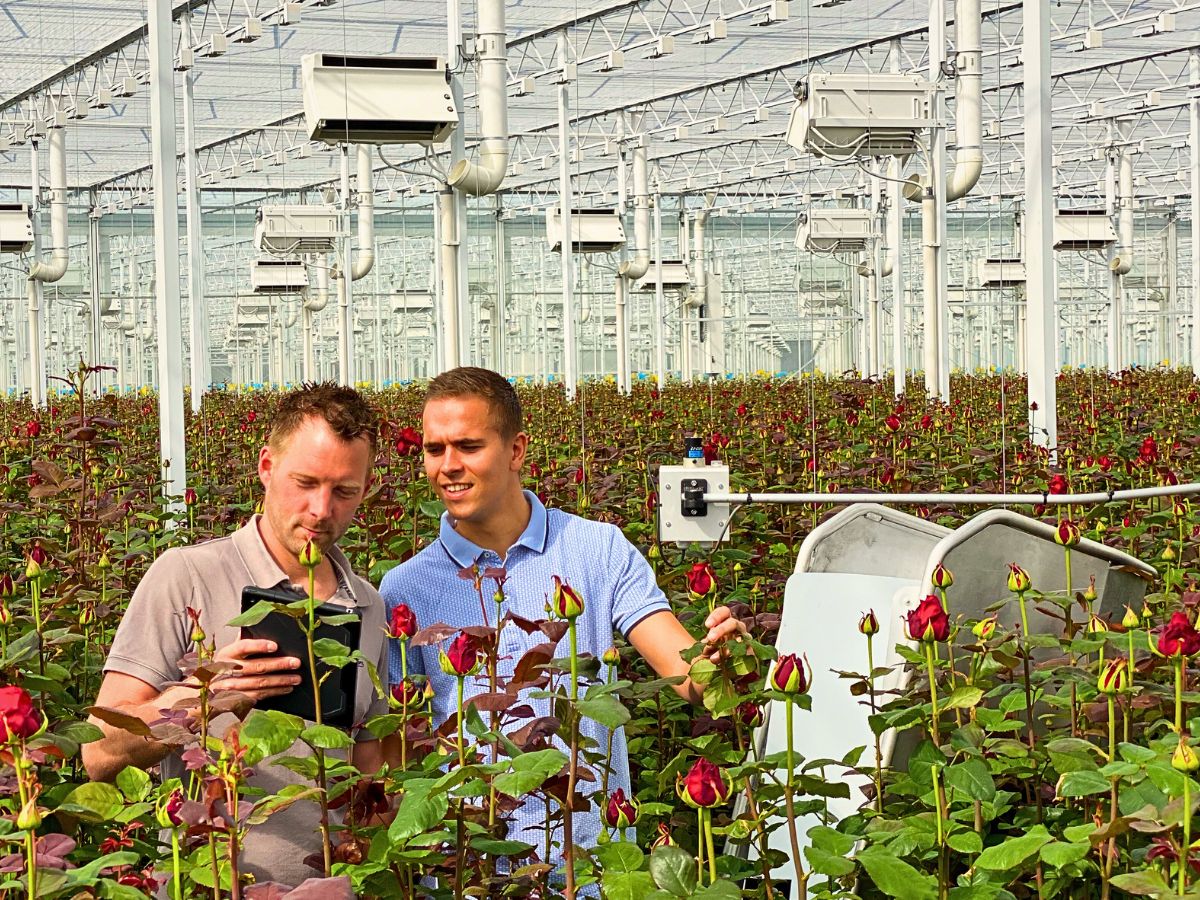
AI-Powered Supply Chain Optimization and Blockchain for Traceability and Transparency
AI currently rules the world. Practically everything has an aspect of AI in it. A sustainable flower industry should, therefore, be no exception. AI algorithms can analyze vast datasets, including historical sales patterns, weather forecasts, real-time inventory levels, transportation schedules, and market trends, which enables highly accurate demand forecasting, optimizing inventory levels across the supply chain, and minimizing overproduction and waste. It also streamlines routing and logistics, ensuring the right flowers reach the right market through the most efficient route, reducing fuel consumption and carbon emissions.
On the other hand, since consumers increasingly demand to know the origin and ethical and environmental footprint of the flowers, blockchain technology comes in handy. It creates an immutable, transparent record of a flower's journey, from the specific farm and harvest date, through processing, transport, and finally to the retailer, which empowers consumers to make informed, values-aligned purchases and allows retailers and certification bodies to verify sustainability claims with certainty.
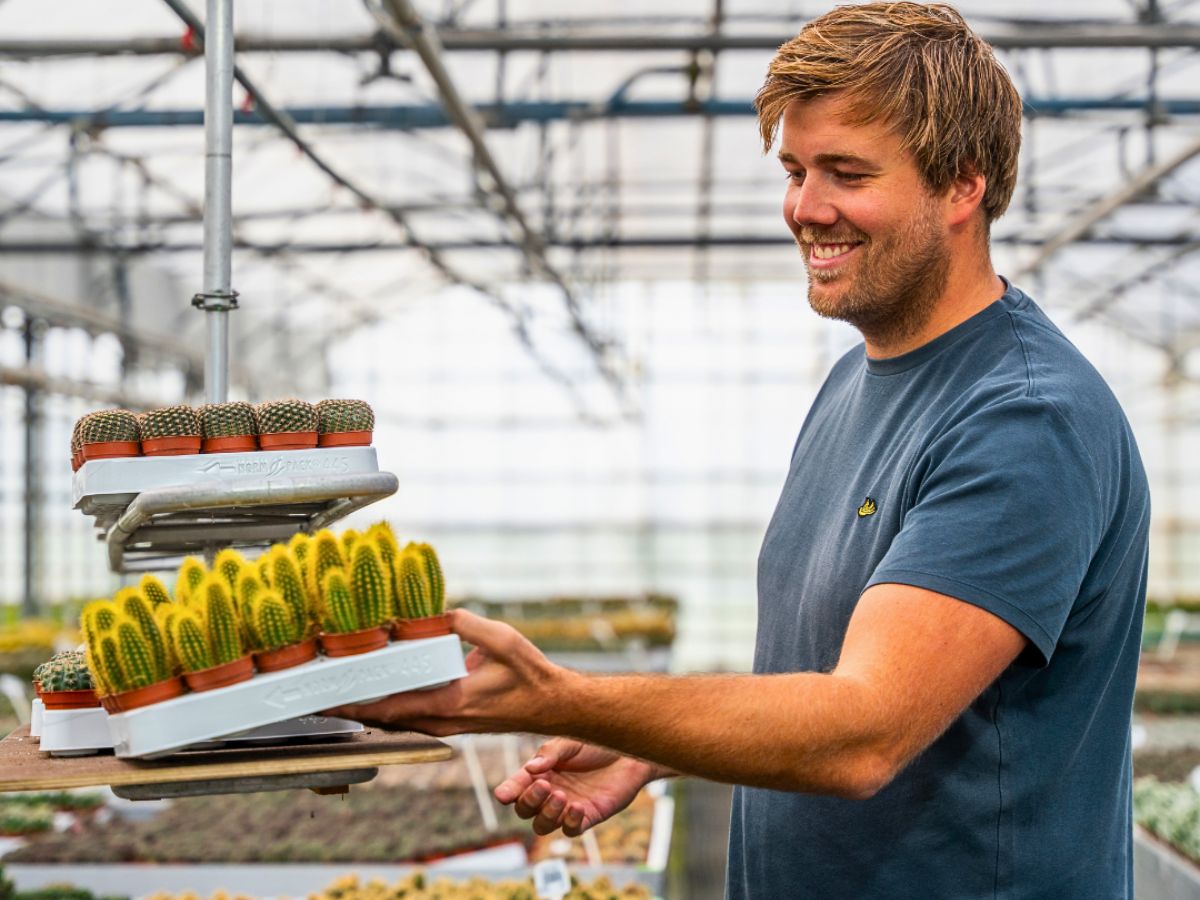
Vase Life Monitoring Systems
A crucial feature of sustainability in floriculture is maximizing the vase life of cut flowers, reducing waste at the consumer end. Recent technological innovations, including sophisticated vase-life monitoring systems (VMS), automatically and accurately assess post-harvest quality and vase life of cut flowers.
These systems integrate imaging with deep learning algorithms like YOLOv8 to continuously monitor major physiological parameters, including flower opening, fresh weight, water uptake, and disease incidence. Obtaining this precise and consistent data means these monitoring systems can detect physiological factors early enough, allowing for timely interventions that extend flower longevity.
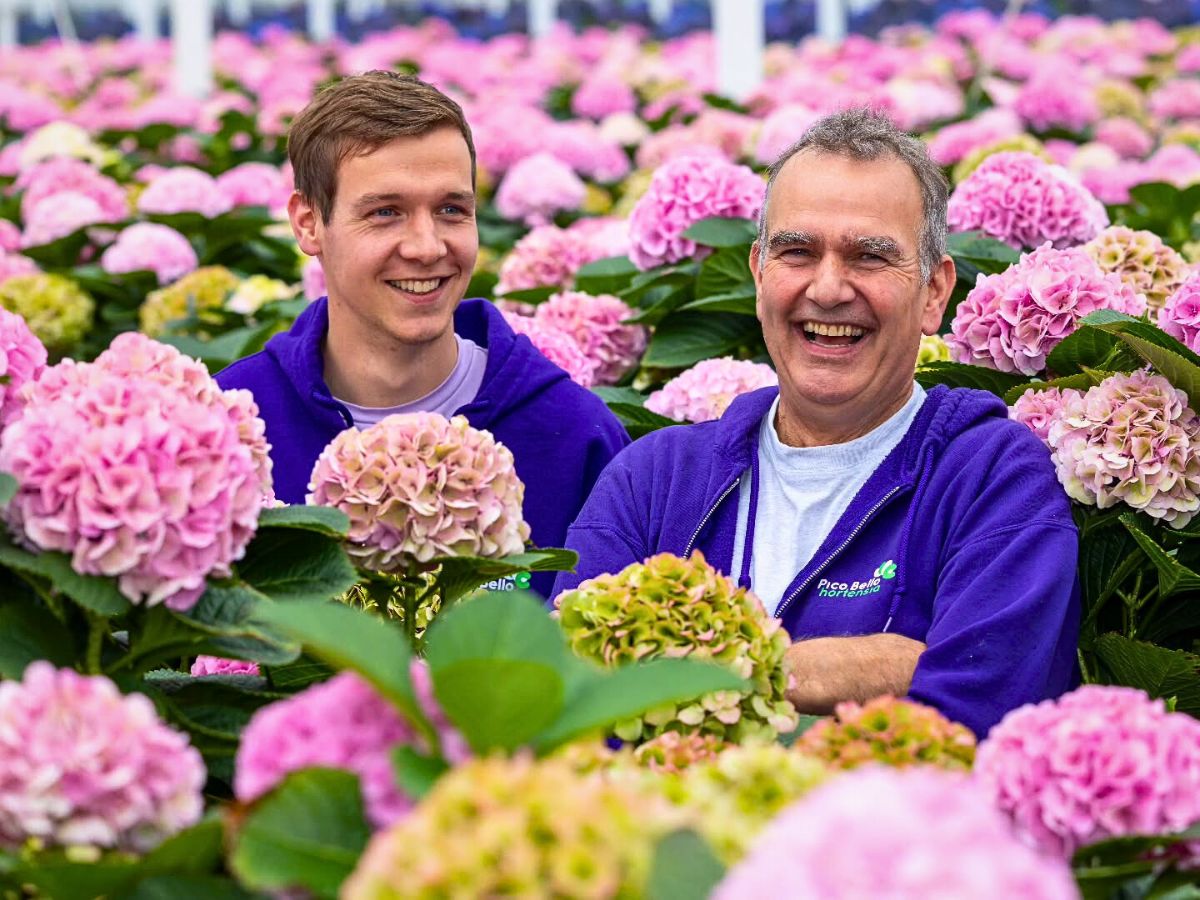
Sophisticated Cold Chain Management
Maintaining the cold chain is essential for preserving flower quality during transportation, and vacuum cooling technology is emerging as a game-changer in this area. Systems developed by companies like Weber Cooling remove surface moisture from flowers and their packaging, significantly reducing the risk of botrytis and other conditions that can shorten vase life. This technology, basically, rapidly cools flowers to their core within minutes, minimizing damage from heat and moisture.
The faster the flowers are cooled after harvesting, the longer they can be transported without reducing vase life, preserving quality, and reducing waste throughout the supply chain. This technology is being implemented not only at airports but increasingly at the farm level, where it can have the greatest impact on flower longevity. Also, during transit, sensors embedded in packaging or transport units continuously monitor such metrics as temperature, humidity, and ethylene levels throughout shipment. This real-time data is then transmitted to enable the addressing of any inconsistencies.
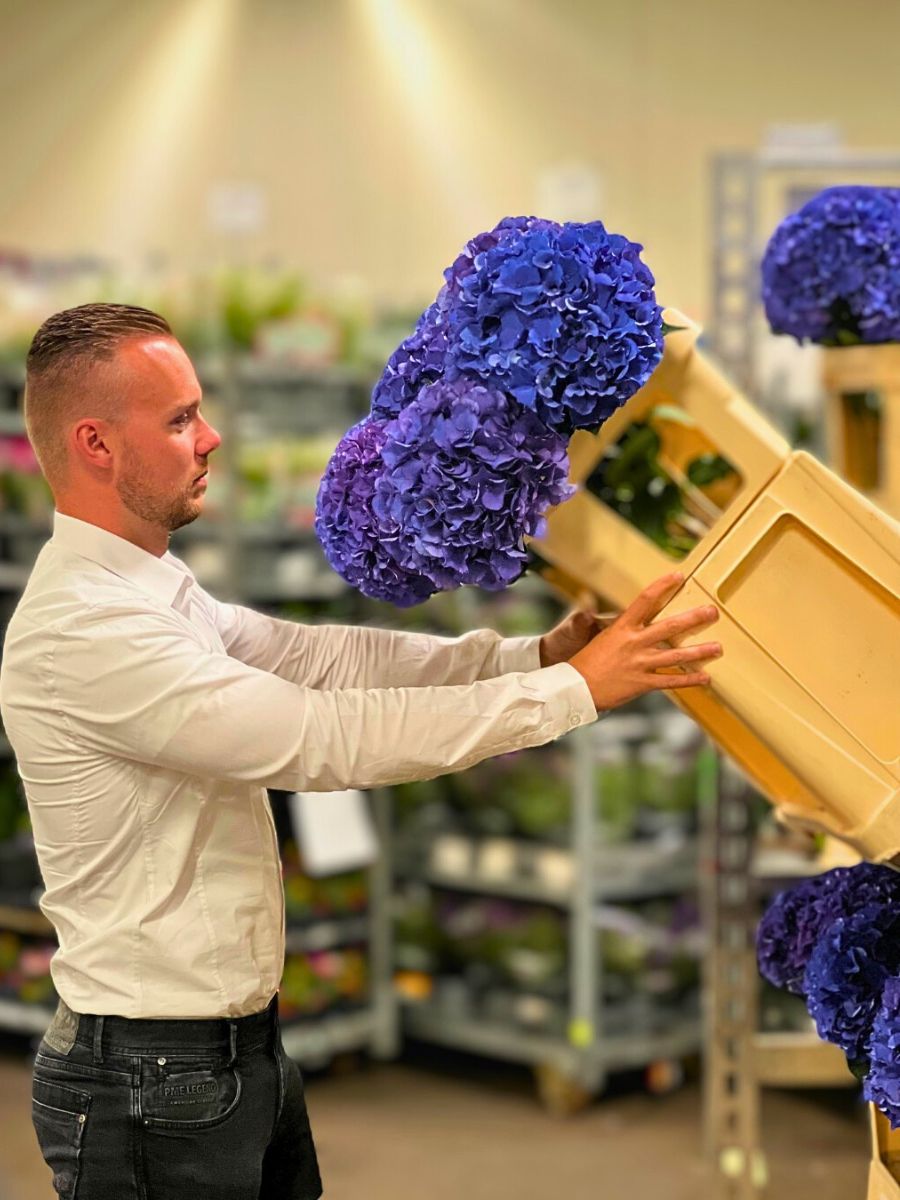
Real-Time Tracking and Route Optimization
One of the biggest logistical challenges in floriculture is ensuring flowers arrive quickly and in pristine condition. Technology is addressing this demand through route optimization software, real-time GPS tracking, and continuous temperature and humidity monitoring during transport. Route optimization software uses advanced algorithms to plan the most efficient delivery routes for flower shipments, considering factors like delivery time windows, traffic conditions, distances, and vehicle capacities, which minimizes travel time and fuel consumption, thus, not only reducing operational costs but also lowers the carbon footprint of transportation, aligning with sustainability goals.
On the other hand, real-time GPS tracking allows floriculture businesses to identify and analyze flower issues on the farm or monitor the exact location of delivery throughout the supply chain. Alongside sensors that track temperature and humidity inside transport vehicles, this technology ensures that flowers remain in optimal conditions. AI-powered systems dynamically adjust routes based on live traffic data, weather conditions, and delivery schedules, further enhancing efficiency and reducing delays. Similarly, predictive maintenance enabled by real-time monitoring helps prevent refrigeration failures that could spoil flowers.
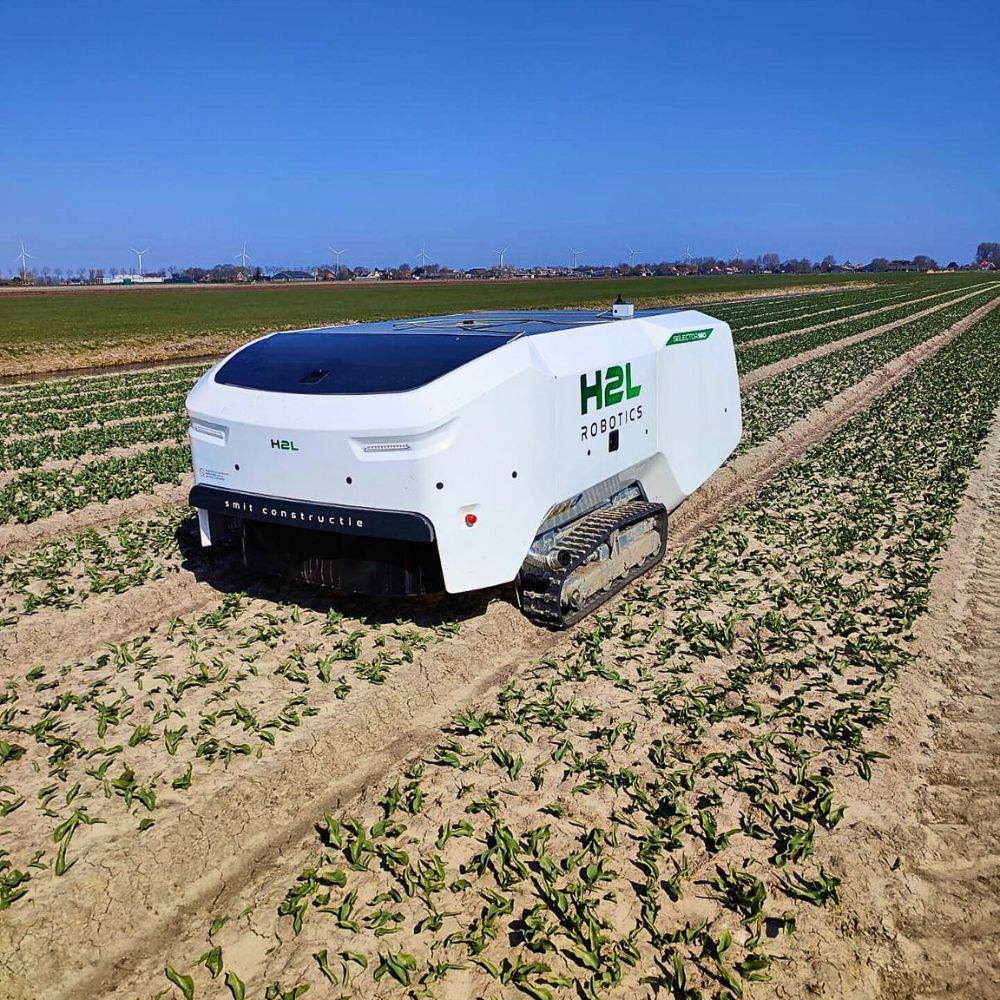
These technological solutions allow growers and distributors to offer timely deliveries while maintaining the quality and freshness of flowers, reducing waste, and ensuring consumers receive their shipments with maximum vase life potential.
Sustainable Packaging Innovations
Packaging represents another area where technology is driving sustainability in the floriculture industry. Companies like Chrysal and FloraLife, among several others, are developing innovative, sustainable packaging solutions, such as flower food plastic packets made with recycled materials.
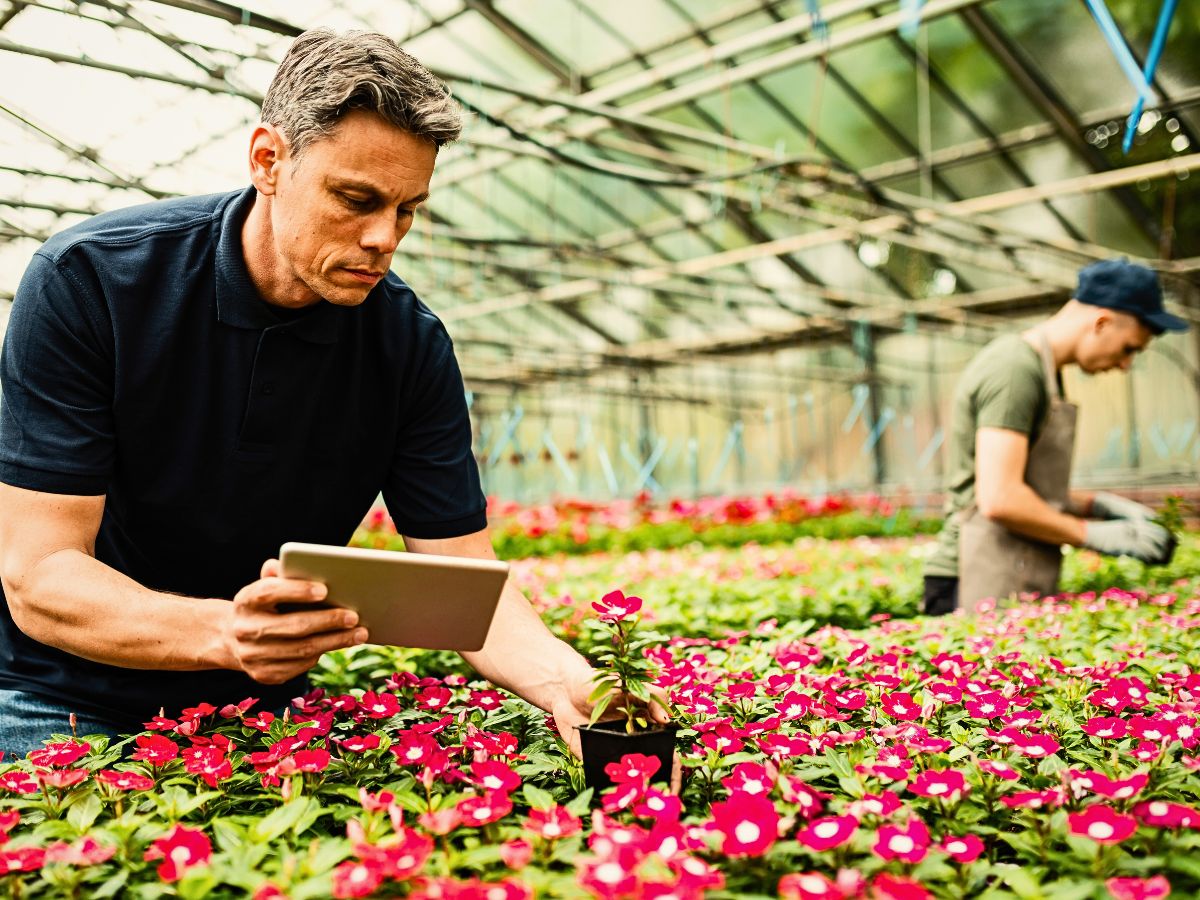
Incorporating post-consumer recycled (PCR) and post-industrial recycled (PIR) content into their packaging guarantees that these innovations significantly reduce the use of virgin plastic, which in turn results in decreased greenhouse gas emissions and reduced fossil fuel consumption. Such technological advancements in packaging design and materials are helping the industry reduce its environmental footprint without compromising product quality.
For a Sustainable Floriculture Industry, the Future Is Now
The integration of technology throughout the floriculture value chain is more than just a futuristic vision; it is a reality that continues to unravel, driving perceptible environmental and social benefits. These technologies are already being applied in sustainable floriculture practices, enabling systems that perform tasks like analyzing soil health, weather forecasts, and plant needs with great precision.
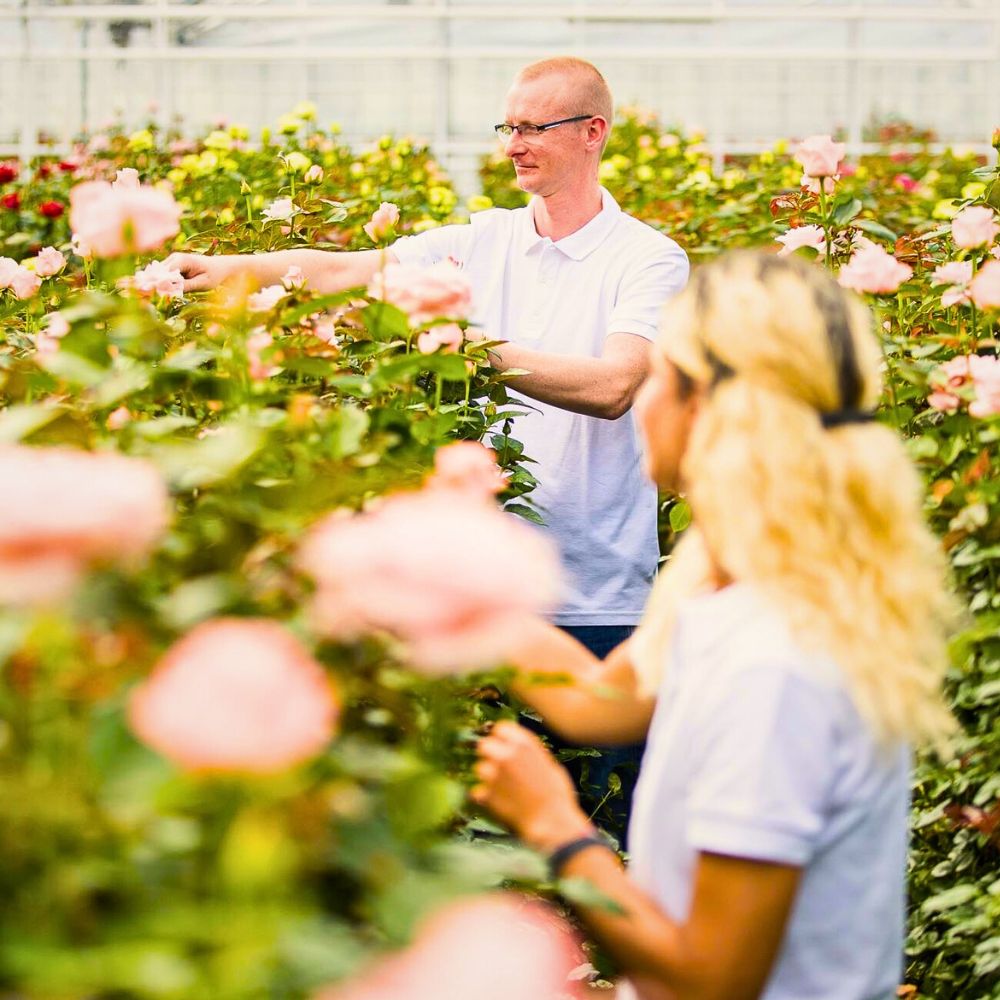
Simply put, AI, IoT, and machine learning are, without a doubt, poised to further transform sustainability in the floriculture industry, helping the industry reduce its environmental impact while enhancing product quality and economic viability.
Feature image by Drazen Zigic, header image by Quang Nguyen Vinh.

